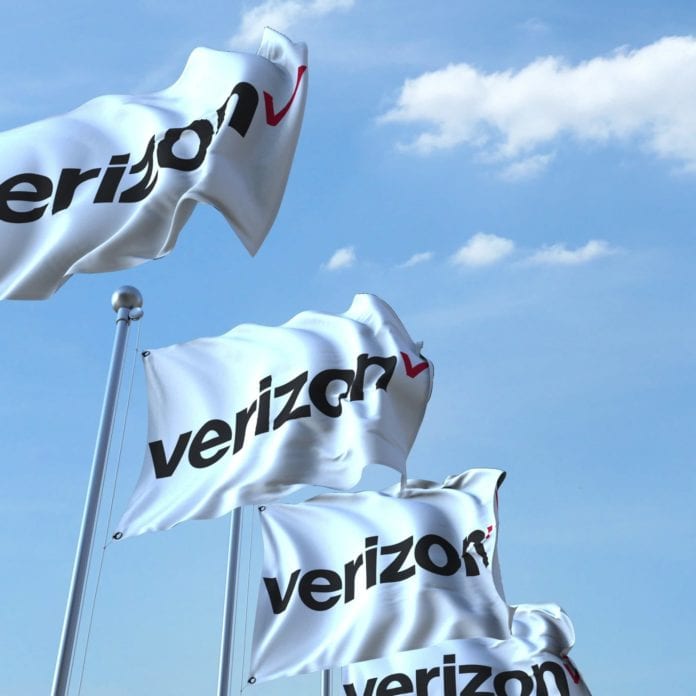Verizon planning to offer 5G Home in four more markets by the end of 2020
Verizon’s initial foray into commercial 5G services came in late 2018 with the deployment of a millimeter wave-based fixed wireless home broadband service in parts of four markets–Houston, Indianapolis, Los Angeles and Sacramento. Since then, 5G Home has been built out in Chicago and, as of June 10, in Detroit.
The initial rollout was based on the Verizon Technical Forum 5G standard, which was developed largely in-house. The newest markets use network and CPE equipment based on he global 5G New Radio standard developed through the 3GPP. Indy and LA are also currently being upgraded from the proprietary to the global standard.
According to Verizon, the latest 5G Home offering comes with a Wi-Fi 6-compatible router that has Amazon’s voice assistant built in; also notable, the latest iteration of the offering is self-install rather than the significantly more expensive technician installs the earlier version required.
Verizon’s stated goal is to add four more 5G Home markets by the end of 2020. At the JP Morgan Technology, Media and Communications Conference, CEO Hans Vestberg said, “Theoretically we can have 5G Home or 5G fixed wireless access in all of them. But we need the next-generation chipset in order to have a CP that is really giving the right type of intelligence with the network.” He expects updated CP devices in Q4.
Another trend line to watch here is home broadband consumption as a function of work-from-home and distance learning catalyzed by the COVID-19 pandemic which to date has killed more than 115,000 Americans.
Verizon’s Ronan Dunne, who heads the company’s consumer business, touched on this May 28 at the Sanford C Bernstein Strategic Decisions Conference. :If I’d had the opportunity to sell 5G Home in the last 12 weeks, I would have made out like a bandit.”
He elaborated on the operator’s mobility/fixed strategy: “Our 5G millimeter wave strategy is a mobility strategy. And therefore, our prioritization of how, where and when we build is driven by my wireless business needs and my colleague Tami’s SMB and Business wireless needs. The opportunity of 5G Home and 5G office there — is therefore a by-product opportunity so that, as we build out, our focus has been on providing a mobility play. But our opportunity then is that we have a lower cost per home passed because the marginal cost to us is not building that incremental 600-foot trench into each home or whatever.”

